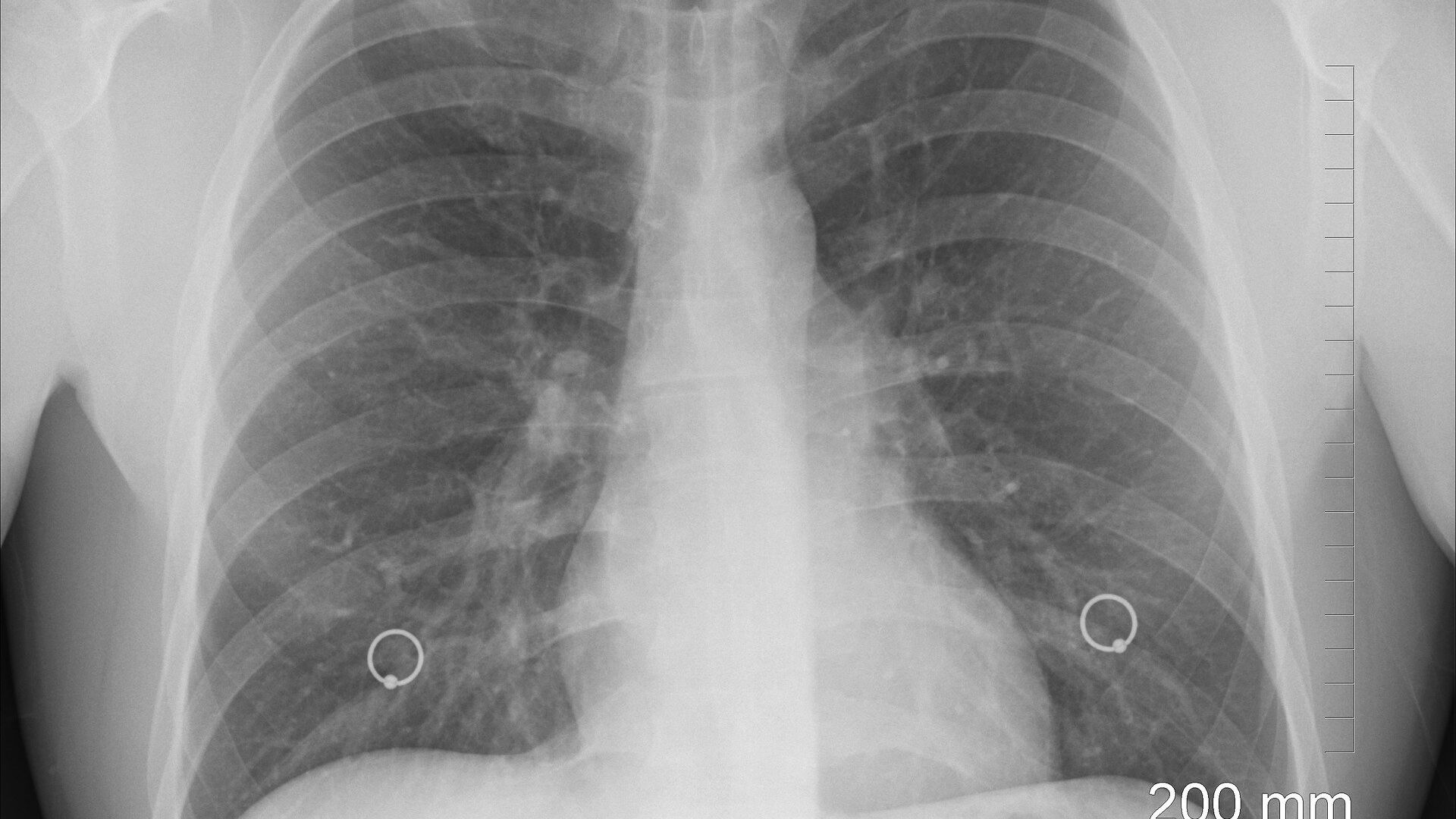A nano-drug developed in Israel could emerge as a revolutionary treatment for inflammatory diseases as it reaches the "right spot" in no time.
This nano-particle drug is GPS-enabled and, scientists say, can control inflammation without disrupting healthy immune cells. The scientists have also claimed that this drug may replace antibody therapeutics.
The findings of the team were published this month in scientific journal, Nature Nanotechnology.
“Instead of today’s treatments for inflammation, which have effects throughout the body, we’re sending ours with a GPS of its own that takes it to precisely the right cells in the body,” the director of Tel Aviv University's laboratory of precision nanomedicine, Professor Dan Peer, told the media.
Professor Peer experimented with this drug on mice and found it as effective as regular antibody treatments.
According to the team, the drug uses ribonucleic acid (RNA) which, since the success of RNA-based coronavirus shots, is witnessing a lot of interest from researchers as pharmaceutical companies plough money into developing RNA therapeutics and vaccines.
“Our injection is so precise that it’s akin to a GPS that takes you not just to the right street, but to the right room in the right apartment in the right apartment building,” Peer told the media. He also said that he is hopeful that human trials will begin in two years.
“This is research that could well pave the way for the treatment of inflammation to shift from antibodies to carefully targeted and highly effective RNA therapies,” he said.
The researchers explained that the injection sends RNA-based drugs, in nano-particles, to receptors on cells which are inflamed, and the drugs then "silence" or even correct the gene that is causing inflammation.
“We are the first research team in the world to succeed in creating a drug delivery system that knows how to bind to receptors only on inflammatory immune cells and to skip over the other identical cells. In other words, we deliver the drug exclusively to cells that are relevant to the disease,” Professor Peer said.
At present, anti-inflammatory drugs travel through the whole body after being administered and their antibodies travel to all the T-cells.
“The problem is that the antibodies work by reducing the functionality of the body’s T-cells because some of them are causing inflammation, even though it’s actually only a small proportion of the T-cells that are causing the inflammation.
"Other T-cells are needed for the immune system but left inactive by antibody treatments, which is undesirable. Now, instead of suppressing the whole immune system, we have a way to target only the cells that are actually causing inflammation,” Professor Peer concluded.



